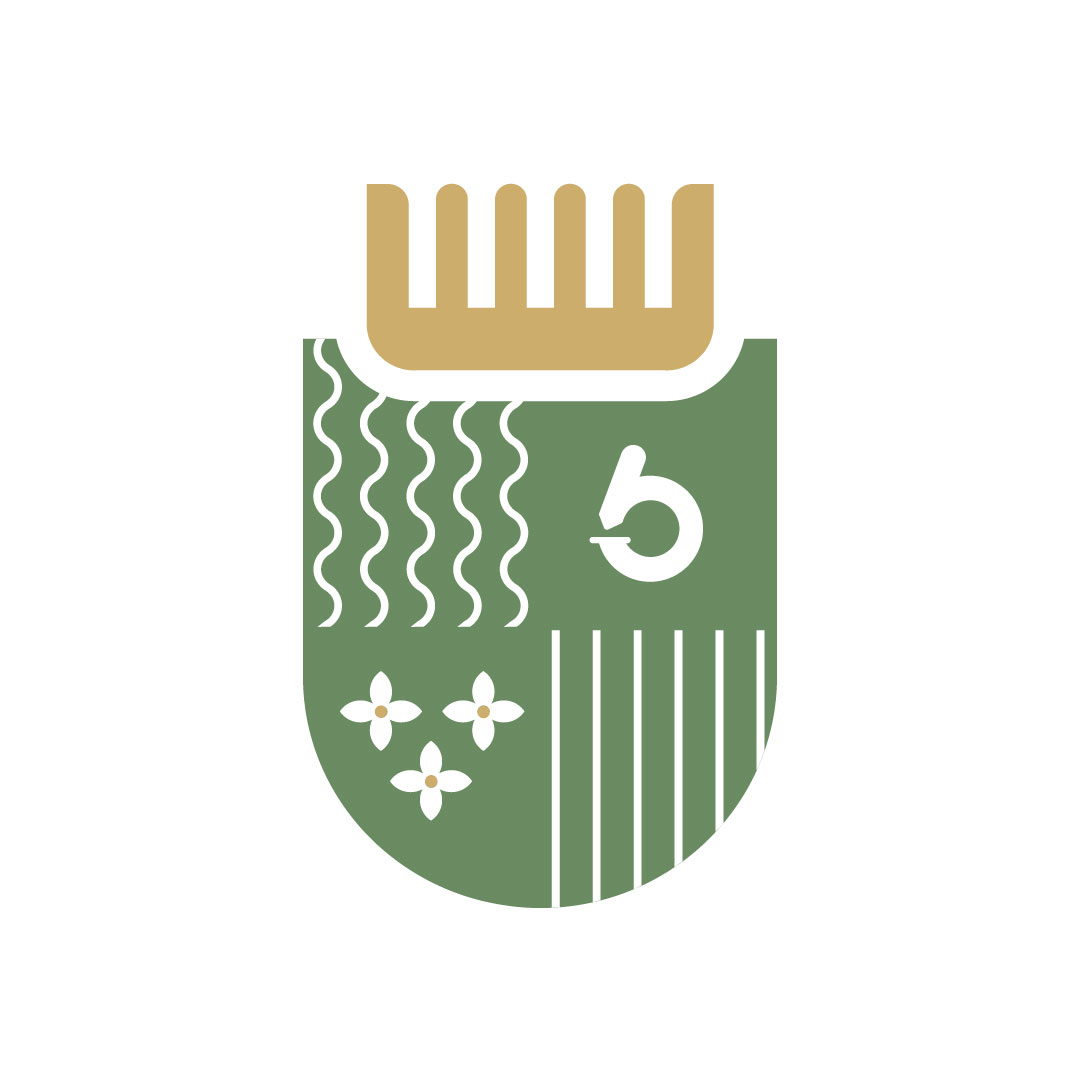Phytotherapy in the Treatment of Stress-Induced Hair Loss:
A Historical Perspective
The Legacy of Phytotherapy:
The legacy of phytotherapy persists to this day, with traditional herbal remedies continuing to play a significant role in modern medicine. While our understanding of the mechanisms underlying stress-induced hair loss has evolved, the principles of phytotherapy remain relevant. Herbal extracts and botanical formulations are still used today more than ever in the past, to address hair loss with research increasingly validating their efficacy and safety.
Back to the present
Stress-induced hair loss, a prevalent condition arising from the demands of modern life, has prompted attention toward phytotherapy as an alternative therapeutic avenue for addressing this issue. Phytotherapy, involving the use of plant-based remedies for therapeutic purposes, is increasingly recognized as an alternative approach for addressing stress and anxiety. Plants contain various bioactive compounds that have been studied for their potential to modulate physiological processes and promote mental well-being.
Several plants used in phytotherapy have shown promising results in reducing stress and anxiety symptoms. For example, adaptogenic herbs like Rhodiola rosea and Ashwagandha (Withania somnifera) have been found to help the body adapt to stressors and reduce the negative effects of stress on mental health. Additionally, herbs like Passionflower (Passiflora incarnata) and Lemon Balm (Melissa officinalis) have calming properties that can help promote relaxation and alleviate anxiety.
*Overall, phytotherapy provides a natural and accessible option for individuals seeking alternatives to conventional treatments for stress and anxiety. However, it’s important to consult with a healthcare professional before starting any herbal treatment regimen, especially if you have underlying health conditions or are taking medications.
Examining plants with stress-alleviating properties
In this post, we’ll divide into two parts: Part I explores adaptogens like ginseng and eleutherococcus, while Part II delves into relaxing herbs such as Valerian, Passionflower, Hawthorn, Ashwagandha, and Lemon balm (Melissa). These plants not only alleviate stress but also contribute to promoting hair health when stress contributes to hair loss.
Note: If you are experiencing significant hair loss or stress-related issues, it’s crucial to consult with a hair specialist or dermatologist for a thorough evaluation and personalized recommendations.
Almu Rodriguez
Pharmacist
Hairwise






